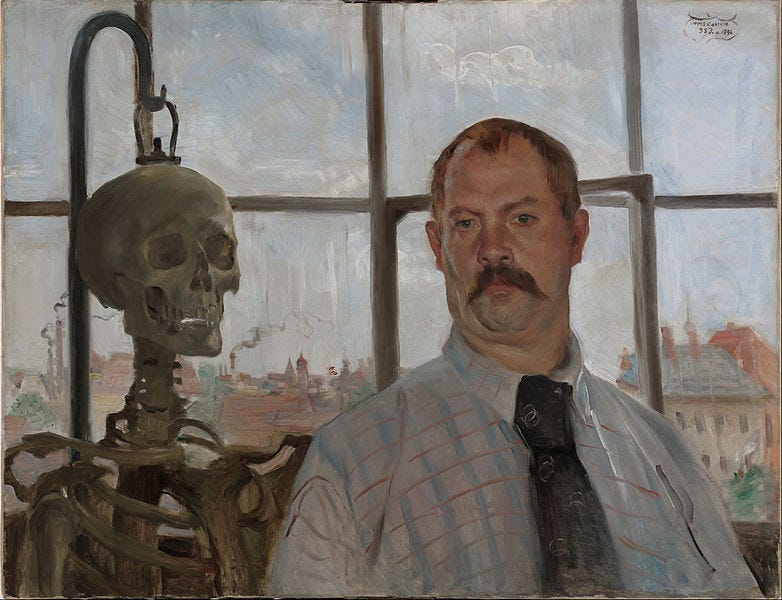In case you missed it, I released two new episodes of the Brutal South Podcast this week.
Episode 11 is free for everyone. Episode 12 is for paying subscribers only, but you can hear part of it in the public preview.
***
On election day I bought myself a pair of barbells and started reading Camus again. I worked my day job. I played some quiet guitar songs and went to bed early.
A week later, and I’m savoring my re-read of The Plague. I’ve looked up some barbell exercises to do at home, since I probably won’t be inside a gym for another year. And Donald Trump has lost the election.
I decided to release two podcasts over the past week. This was partly because I knew so many of my friends were stressed and depressed and craving distraction as the results rolled in. I felt the same way sometimes.
But I also thought these two episodes represented different modes of processing the absurdity and trauma of the political moment.
On the one hand, Episode 11 of the Brutal South podcast represents a contemplative approach. It’s an interview I did with Dr. Melissa Hughes, who studies the behavior and communication patterns of song sparrows. She asked if I was sure I wanted to record during the election week, and I told her I was looking forward to talking about something else.
Ballots were still being counted in Pennsylvania and Georgia as we recorded, and we consciously avoided talking about it. We talked about the complex social world of sparrows, who are largely indifferent to humans and our political concerns. I released the episode for free on Saturday as a mental palate cleanser.
Episode 12 was explicitly political. My guest was Ian Nix, frontman for the South Carolina grindcore / death metal band WVRM. Ian is a leftist Civil War history buff, so we had plenty to discuss.
On the full episode, which I released to paying subscribers Monday, we talked about working-class politics and redirecting anger toward constructive action. We talked about his music, which is abrasive and extreme. We commiserated about the isolation we’ve all experienced during America’s plague year.
After I wrapped up editing the two episodes, I read a line from Camus that captured what I was feeling.
But once the town gates were shut, every one of us realized that all, the narrator included, were, so to speak, in the same boat, and each would have to adapt himself to the new conditions of life. Thus, for example, a feeling normally as individual as the ache of separation from those one loves suddenly became a feeling in which all shared alike and — together with fear — the greatest affliction of the long period of exile that lay ahead.
I need solidarity and human contact right at the moment when a pandemic is surging uncontrolled across my country. So does Ian. So do a lot of my friends, who I see only occasionally across a front yard or park.
In the absence of human presence, I am pouring myself into my church, my local DSA chapter, and this little newsletter. We meet virtually and share each other’s sorrow. It’s how we fight despair.
Twitter // Bookshop // Bandcamp // Apple Podcasts // Spotify Podcasts


